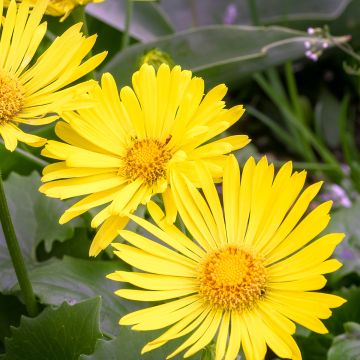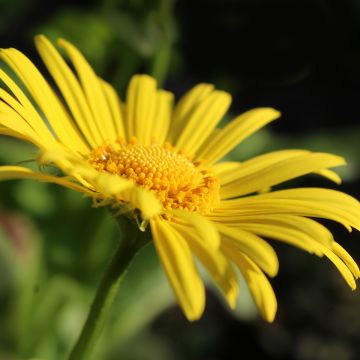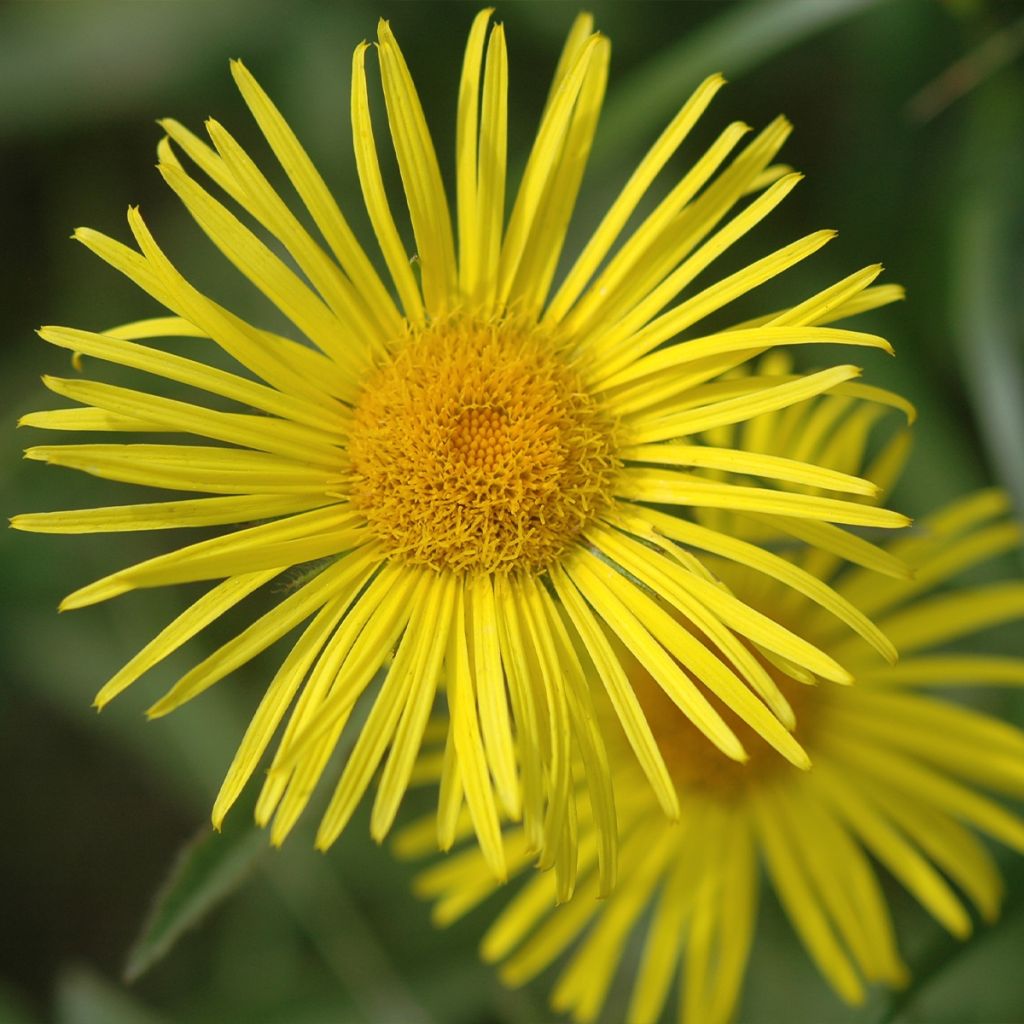

Doronic, Doronicum orientale Finesse
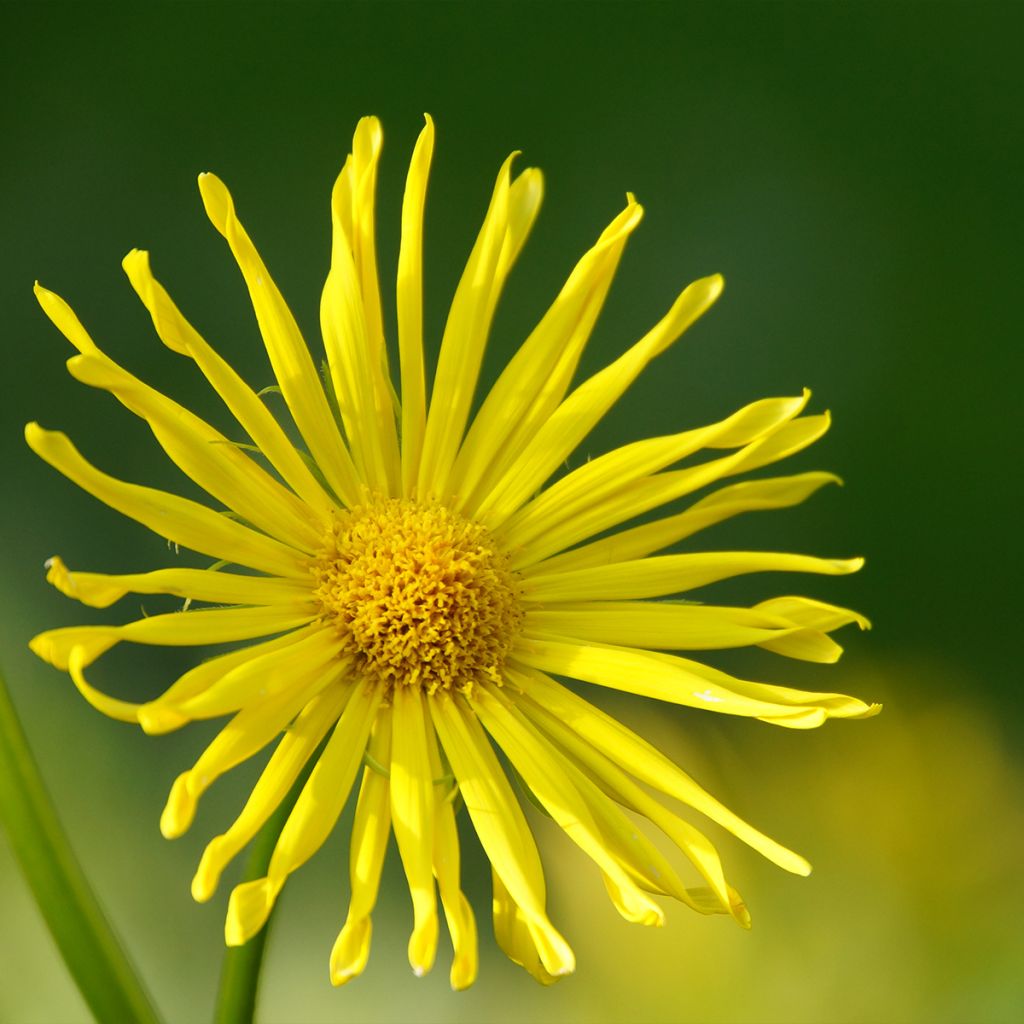

Doronic, Doronicum orientale Finesse
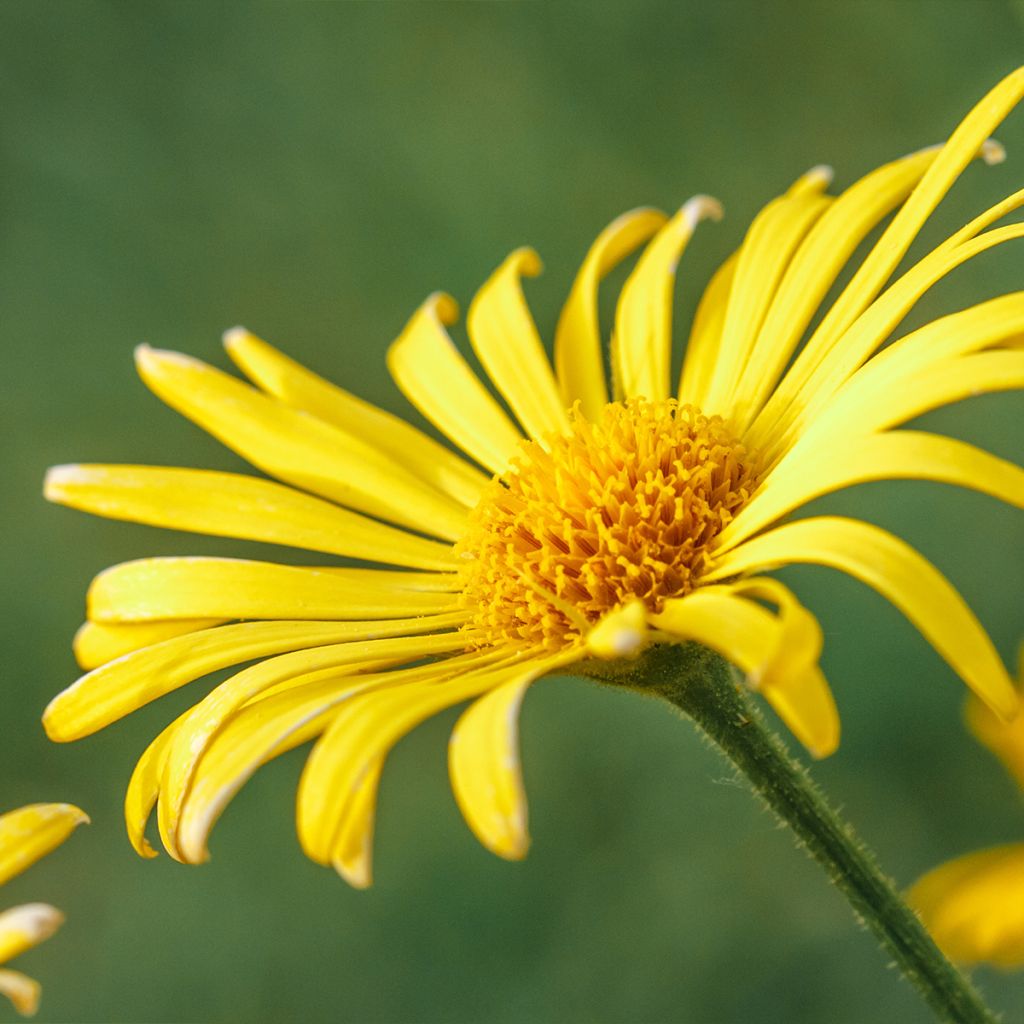

Doronic, Doronicum orientale Finesse
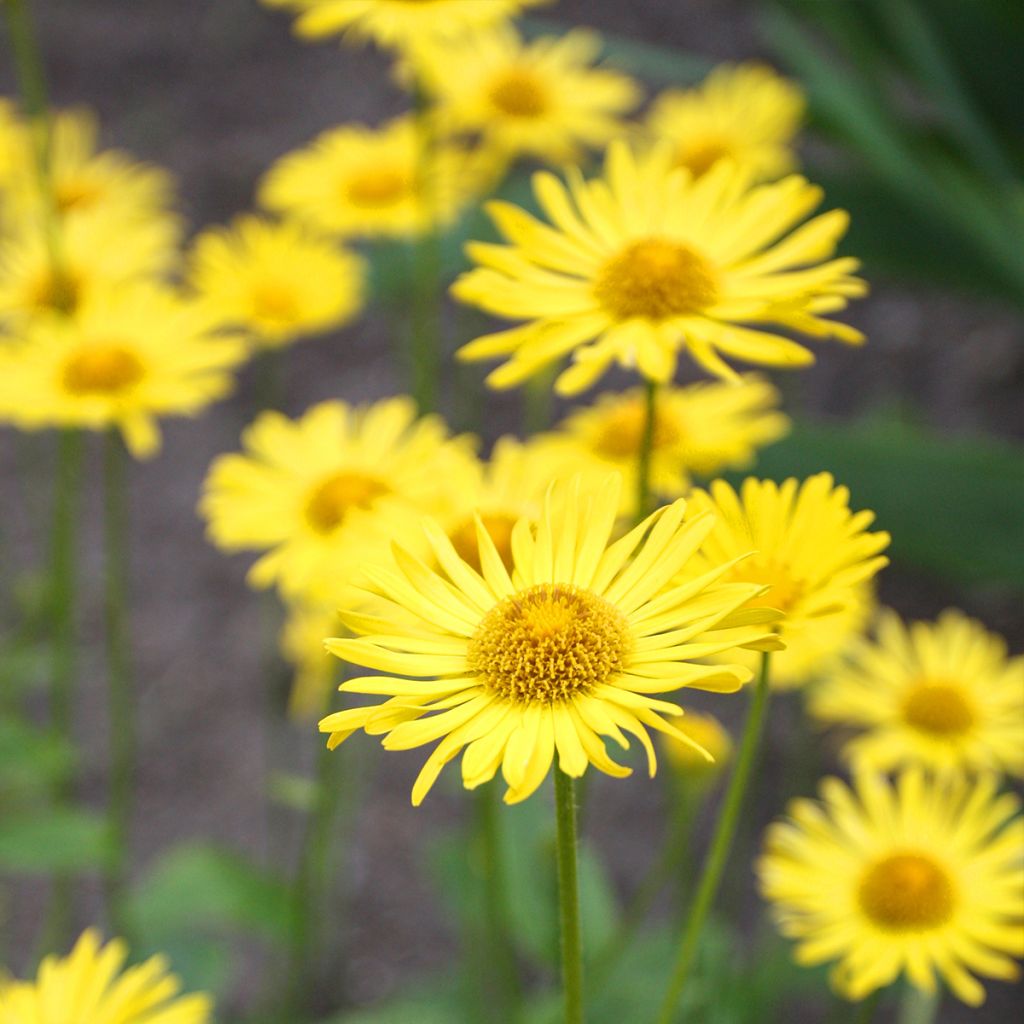

Doronic, Doronicum orientale Finesse
Doronicum Finesse
Doronicum orientale Finesse
Leopard's Bane, Caucasian Leopard's Bane
My young plants of doronicum died quite quickly.
alain, 12/09/2024
Special offer!
Receive a €20 voucher for any order over €90 (excluding delivery costs, credit notes, and plastic-free options)!
1- Add your favorite plants to your cart.
2- Once you have reached €90, confirm your order (you can even choose the delivery date!).
3- As soon as your order is shipped, you will receive an email containing your voucher code, valid for 3 months (90 days).
Your voucher is unique and can only be used once, for any order with a minimum value of €20, excluding delivery costs.
Can be combined with other current offers, non-divisible and non-refundable.
Home or relay delivery (depending on size and destination)
Schedule delivery date,
and select date in basket
This plant carries a 12 months recovery warranty
More information
We guarantee the quality of our plants for a full growing cycle, and will replace at our expense any plant that fails to recover under normal climatic and planting conditions.
Would this plant suit my garden?
Set up your Plantfit profile →
Description
Doronicum orientale 'Finesse' is a selection of Caucasian Doronicum that presents flowers resembling large daisies in vivid yellow, whose "petals" or tubular ligules have a very delicate, airy appearance. For the rest, its characteristics are identical to those of the species. This perennial that brightens up spring has a rhizomatous rootstock, which allows it to form a large clump over time in light and fresh soils where it thrives. It forms beautiful cushions of velvety, pleasant-to-touch spring-green leaves. A natural and joyful flower, particularly interesting under trees or at the base of a hedge in a sandy, not too rich soil that remains somewhat moist in summer.
Doronicum orientale (synonym D. caucasicum, D. cordatum) belongs to the large family of Asteraceae, just like daisies and sunflowers. This montane botanical species is native to southeastern Europe, the Caucasus, Lebanon, and Turkey. Doronicum 'Finesse' is a horticultural selection. It is a herbaceous perennial plant with underground rhizomes that spreads slowly without becoming invasive. It forms from spring onwards cushions of light green, heart-shaped leaves, slightly velvety and toothed. Flowering takes place in April-May. Emerging from the foliage are thin floral stems, reaching about 50cm (20in) in height. Each carries at its tip one or two flowers organized in heads of 4-5cm (2in) in diameter, like those of daisies. Each head consists of a yellow centre composed of tiny fertile flowers surrounded by long tubular ligules of a brighter yellow. This rather early flowering attracts and nourishes many insects. The foliage remains compact and decorative during the summer if the soil does not dry out. Otherwise, the plant goes into dormancy and the foliage dries up. In any case, the foliage is deciduous and absent in winter.
To welcome spring in cool and slightly shaded areas of the garden, adopt the Caucasian Doronicum Finesse. Planted in groups, this perennial will attract attention to somewhat forgotten spaces, towards the back of the garden or under large trees. Mixed with some bugbanes, Japanese anemones, wood hyacinths, and Goat's beard (Aruncus), it will create a slightly wild composition that will greatly appeal to bees.
Report an error about the product description
Doronicum Finesse in pictures
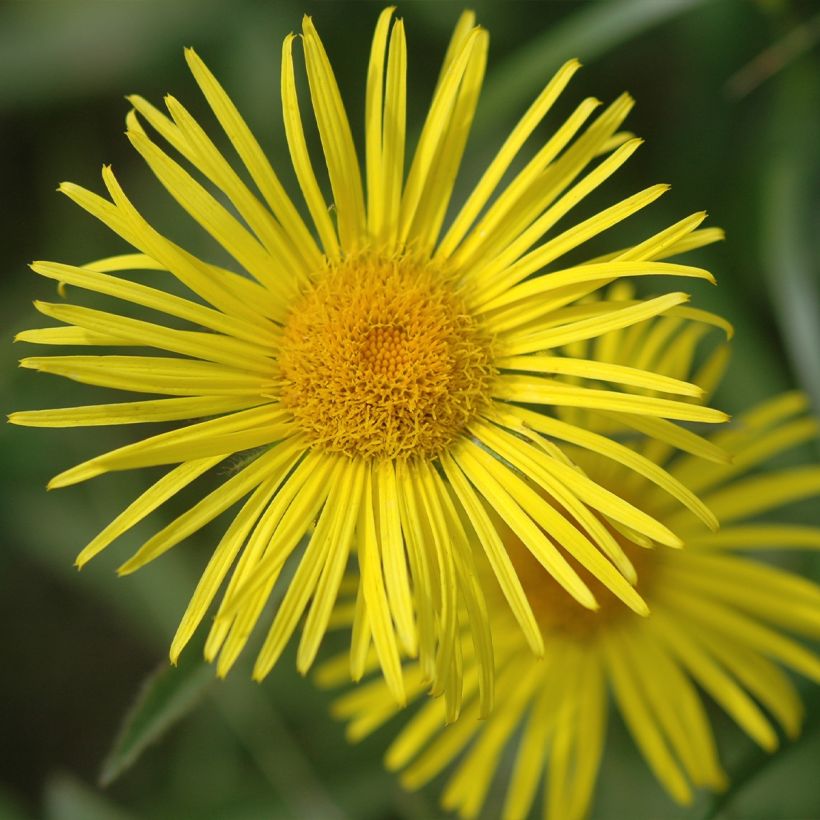

Flowering
Foliage
Plant habit
Botanical data
Doronicum
orientale
Finesse
Asteraceae
Leopard's Bane, Caucasian Leopard's Bane
Caucasus
Other Doronicum - Leopard's-bane
View all →Planting and care
The 'Finesse' Caucasian Doronicum is a worry-free plant as long as the conditions suit it. It thrives in partial shade, in a well-drained garden soil, with a sandy tendency, not too rich, and slightly moist in summer. It will flourish in clay-loam or sandy-loam soil, even humiferous and sandy soil. Make sure to never fertilize - even with manure mulch - as it may cause the stump to rot. In light and well-drained soils, it proves to be perfectly hardy. Beware of attacks from gastropods in spring.
Planting period
Intended location
Care
-
, onOrder confirmed
Reply from on Promesse de fleurs
Haven't found what you were looking for?
Hardiness is the lowest winter temperature a plant can endure without suffering serious damage or even dying. However, hardiness is affected by location (a sheltered area, such as a patio), protection (winter cover) and soil type (hardiness is improved by well-drained soil).

Photo Sharing Terms & Conditions
In order to encourage gardeners to interact and share their experiences, Promesse de fleurs offers various media enabling content to be uploaded onto its Site - in particular via the ‘Photo sharing’ module.
The User agrees to refrain from:
- Posting any content that is illegal, prejudicial, insulting, racist, inciteful to hatred, revisionist, contrary to public decency, that infringes on privacy or on the privacy rights of third parties, in particular the publicity rights of persons and goods, intellectual property rights, or the right to privacy.
- Submitting content on behalf of a third party;
- Impersonate the identity of a third party and/or publish any personal information about a third party;
In general, the User undertakes to refrain from any unethical behaviour.
All Content (in particular text, comments, files, images, photos, videos, creative works, etc.), which may be subject to property or intellectual property rights, image or other private rights, shall remain the property of the User, subject to the limited rights granted by the terms of the licence granted by Promesse de fleurs as stated below. Users are at liberty to publish or not to publish such Content on the Site, notably via the ‘Photo Sharing’ facility, and accept that this Content shall be made public and freely accessible, notably on the Internet.
Users further acknowledge, undertake to have ,and guarantee that they hold all necessary rights and permissions to publish such material on the Site, in particular with regard to the legislation in force pertaining to any privacy, property, intellectual property, image, or contractual rights, or rights of any other nature. By publishing such Content on the Site, Users acknowledge accepting full liability as publishers of the Content within the meaning of the law, and grant Promesse de fleurs, free of charge, an inclusive, worldwide licence for the said Content for the entire duration of its publication, including all reproduction, representation, up/downloading, displaying, performing, transmission, and storage rights.
Users also grant permission for their name to be linked to the Content and accept that this link may not always be made available.
By engaging in posting material, Users consent to their Content becoming automatically accessible on the Internet, in particular on other sites and/or blogs and/or web pages of the Promesse de fleurs site, including in particular social pages and the Promesse de fleurs catalogue.
Users may secure the removal of entrusted content free of charge by issuing a simple request via our contact form.
The flowering period indicated on our website applies to countries and regions located in USDA zone 8 (France, the United Kingdom, Ireland, the Netherlands, etc.)
It will vary according to where you live:
- In zones 9 to 10 (Italy, Spain, Greece, etc.), flowering will occur about 2 to 4 weeks earlier.
- In zones 6 to 7 (Germany, Poland, Slovenia, and lower mountainous regions), flowering will be delayed by 2 to 3 weeks.
- In zone 5 (Central Europe, Scandinavia), blooming will be delayed by 3 to 5 weeks.
In temperate climates, pruning of spring-flowering shrubs (forsythia, spireas, etc.) should be done just after flowering.
Pruning of summer-flowering shrubs (Indian Lilac, Perovskia, etc.) can be done in winter or spring.
In cold regions as well as with frost-sensitive plants, avoid pruning too early when severe frosts may still occur.
The planting period indicated on our website applies to countries and regions located in USDA zone 8 (France, United Kingdom, Ireland, Netherlands).
It will vary according to where you live:
- In Mediterranean zones (Marseille, Madrid, Milan, etc.), autumn and winter are the best planting periods.
- In continental zones (Strasbourg, Munich, Vienna, etc.), delay planting by 2 to 3 weeks in spring and bring it forward by 2 to 4 weeks in autumn.
- In mountainous regions (the Alps, Pyrenees, Carpathians, etc.), it is best to plant in late spring (May-June) or late summer (August-September).
The harvesting period indicated on our website applies to countries and regions in USDA zone 8 (France, England, Ireland, the Netherlands).
In colder areas (Scandinavia, Poland, Austria...) fruit and vegetable harvests are likely to be delayed by 3-4 weeks.
In warmer areas (Italy, Spain, Greece, etc.), harvesting will probably take place earlier, depending on weather conditions.
The sowing periods indicated on our website apply to countries and regions within USDA Zone 8 (France, UK, Ireland, Netherlands).
In colder areas (Scandinavia, Poland, Austria...), delay any outdoor sowing by 3-4 weeks, or sow under glass.
In warmer climes (Italy, Spain, Greece, etc.), bring outdoor sowing forward by a few weeks.






























